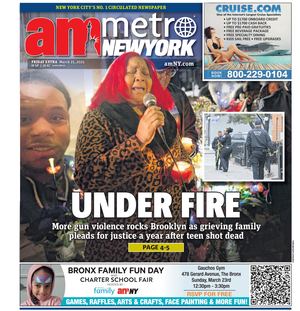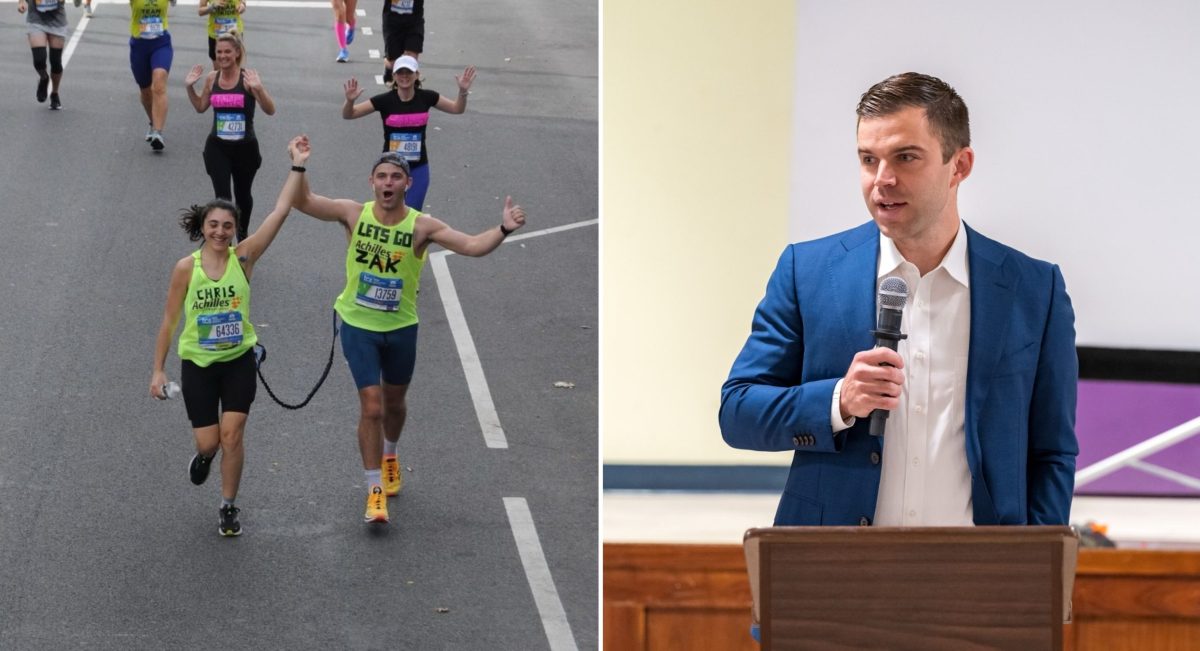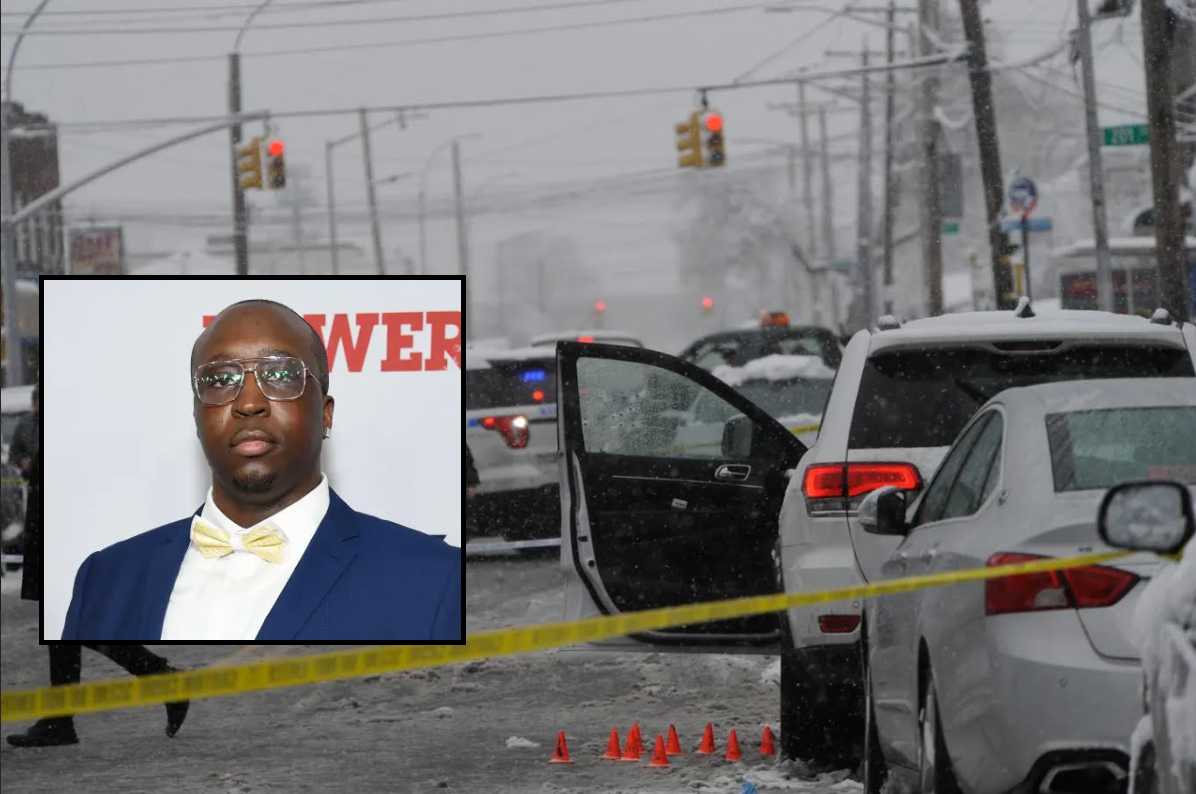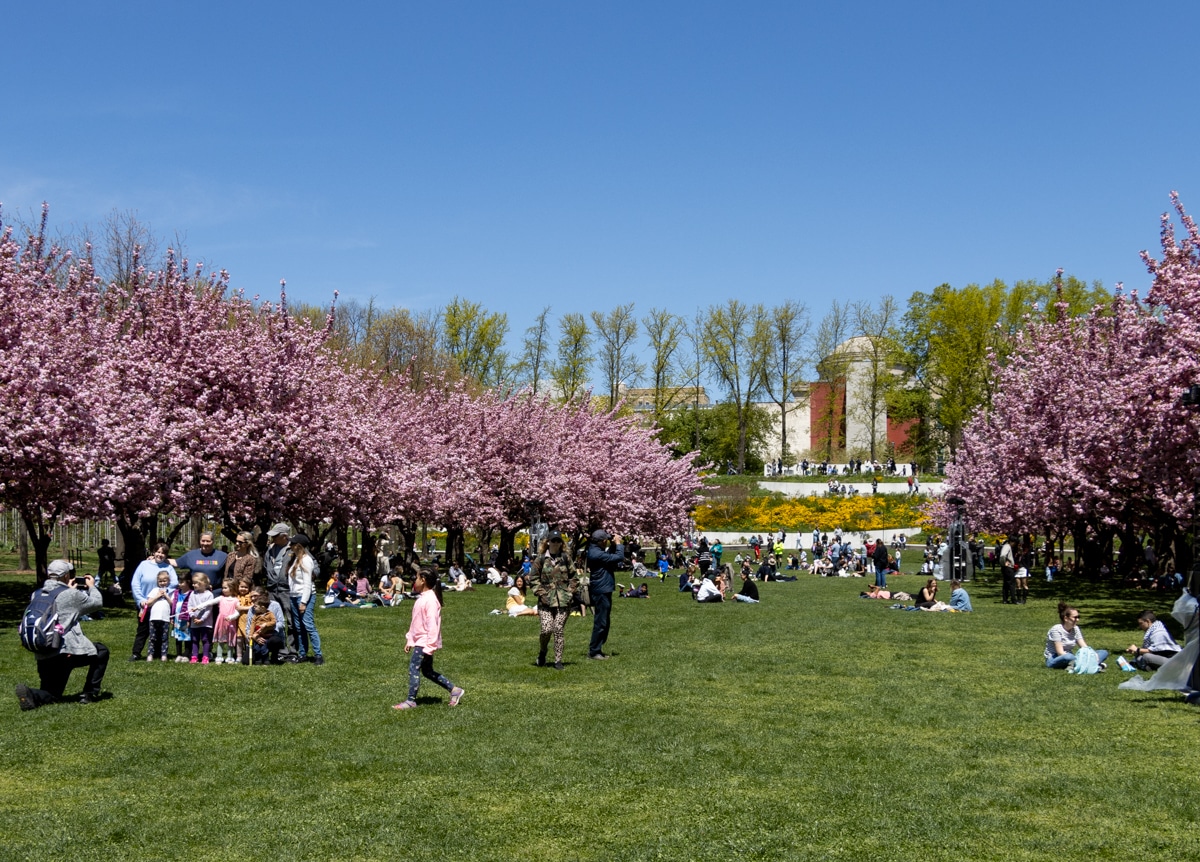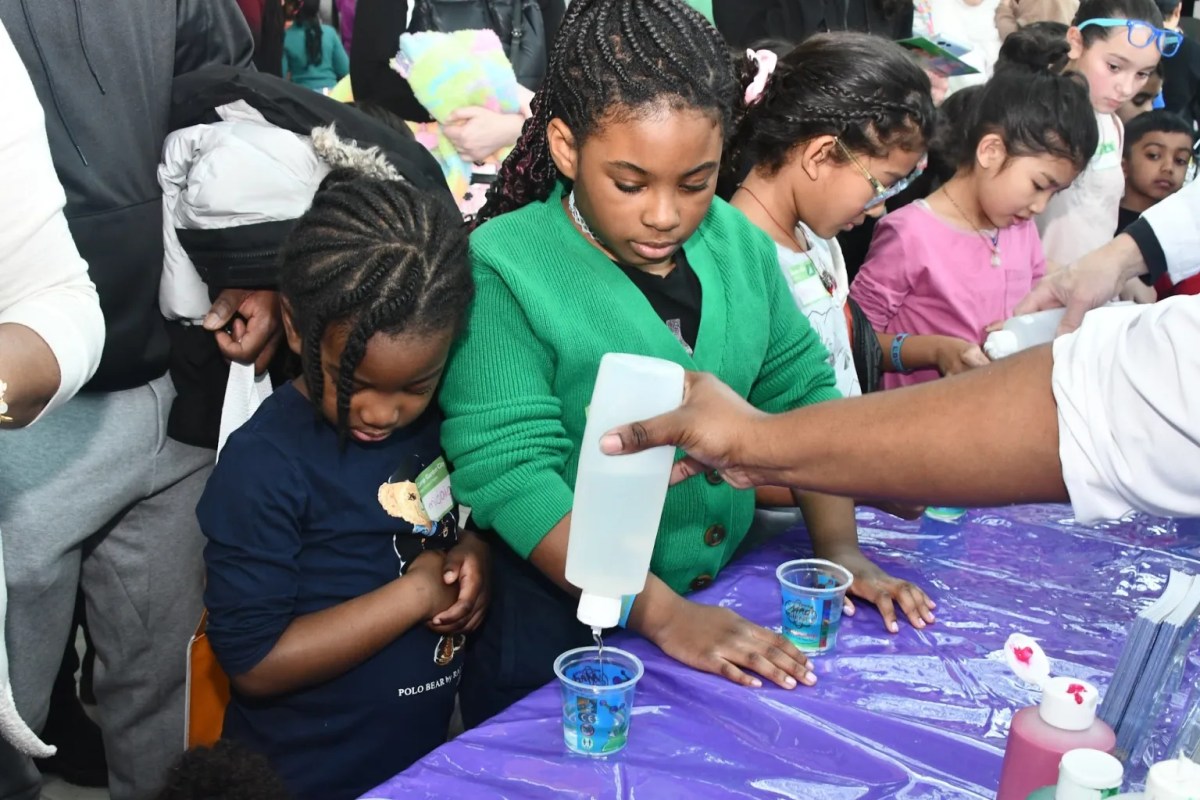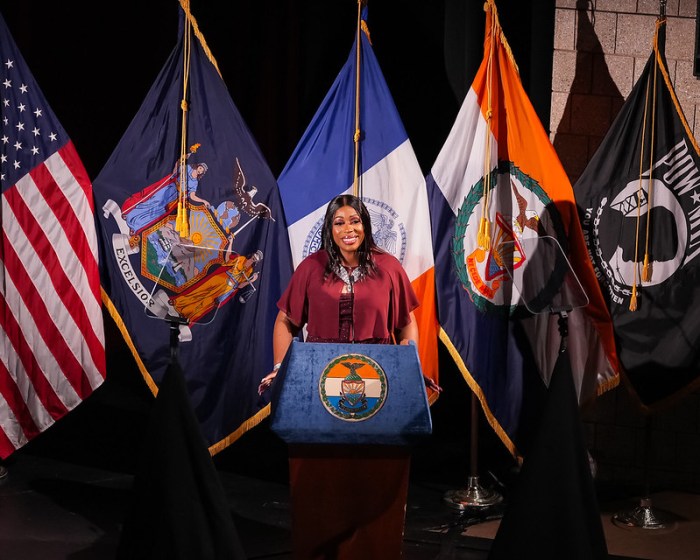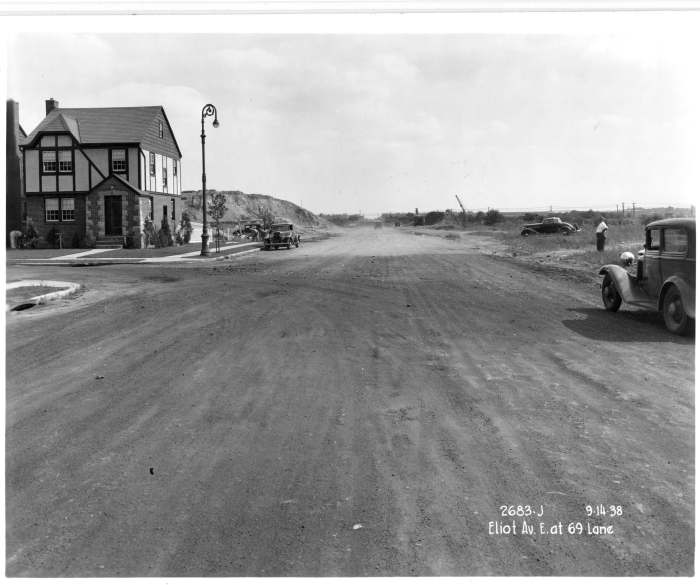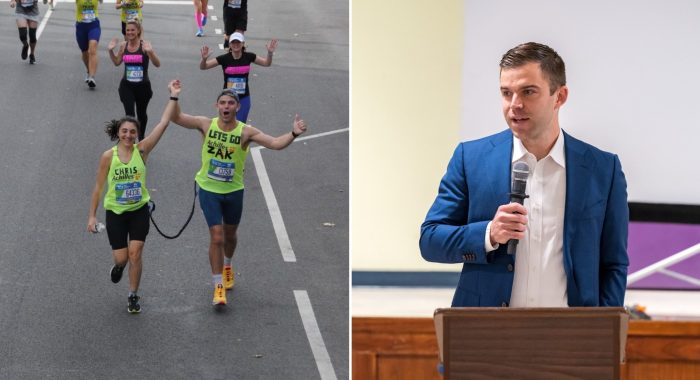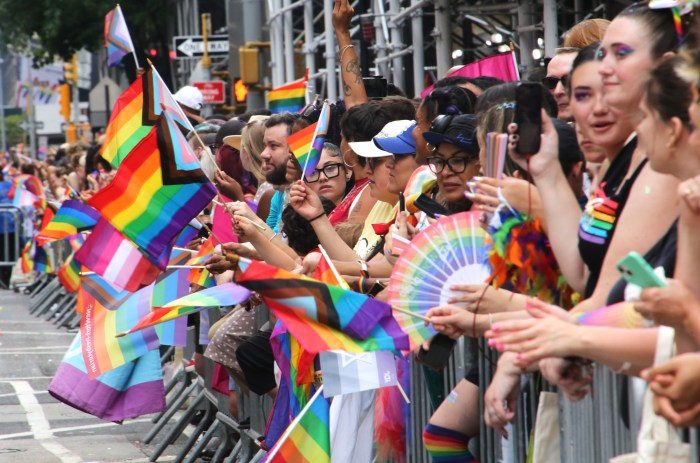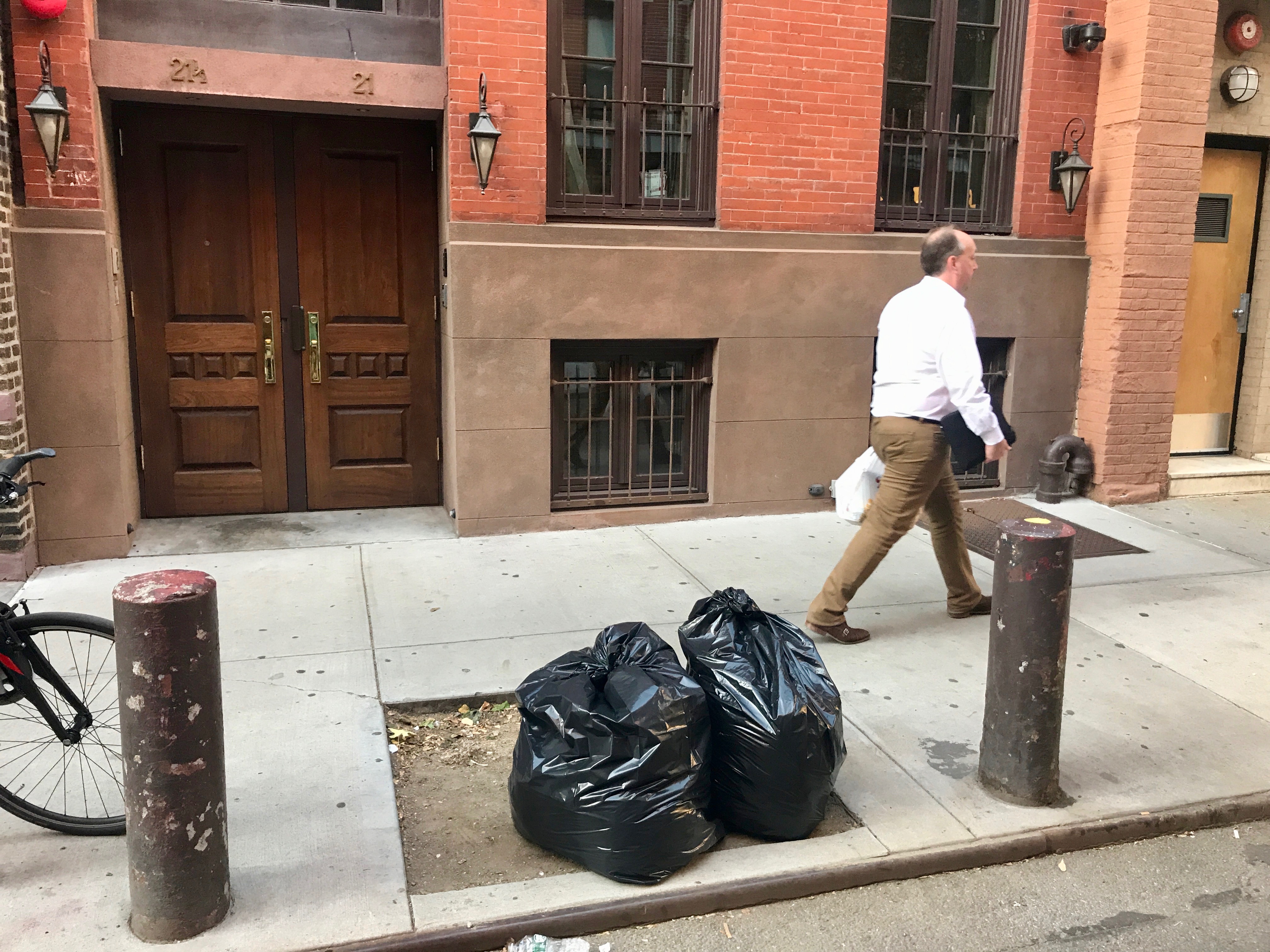
BY GABE HERMAN | While the West Village is one of the most tree-dense areas of the city, a new project aims to add even more greenery there and in other nearby neighborhoods by filling in tree pits that can’t accommodate trees. Speaker Corey Johnson, whose District 3 includes the West Village, Chelsea, Hell’s Kitchen and the Garment District, has said that he wants to fill every viable tree pit in his district before leaving office. “For the past two years, I’ve allocated more than $800,000 to filling these pits with new trees,” Johnson said. “Sadly, some empty tree pits cannot be planted because they are over utilities, under the canopy of another tree or for other reasons. So we’re trying something new, and this year, I allocated $25,000 to the Horticultural Society, which will fill unviable tree pits in the district with shrubs or raised flower boxes as part of a pilot initiative.” The allocated money for the new initiative is from the City Council’s Parks Equity Initiative. One “unviable” tree pit that has been selected for the program is at 21 Cornelia St. On a recent afternoon, the pit was filled with two big garbage bags, so adding plants could be a nice upgrade. Other tree pit locations for the program include: 600 Washington St. at Leroy St.; 322 West 17th St.; 191, 239 and 682 Ninth Ave.; 250 West 15th St.; 253 West 24th St.; 425 West 21st St.; 452 West 45th St.; and 692 Tenth Ave. More locations will be added, according to Johnson’s office.
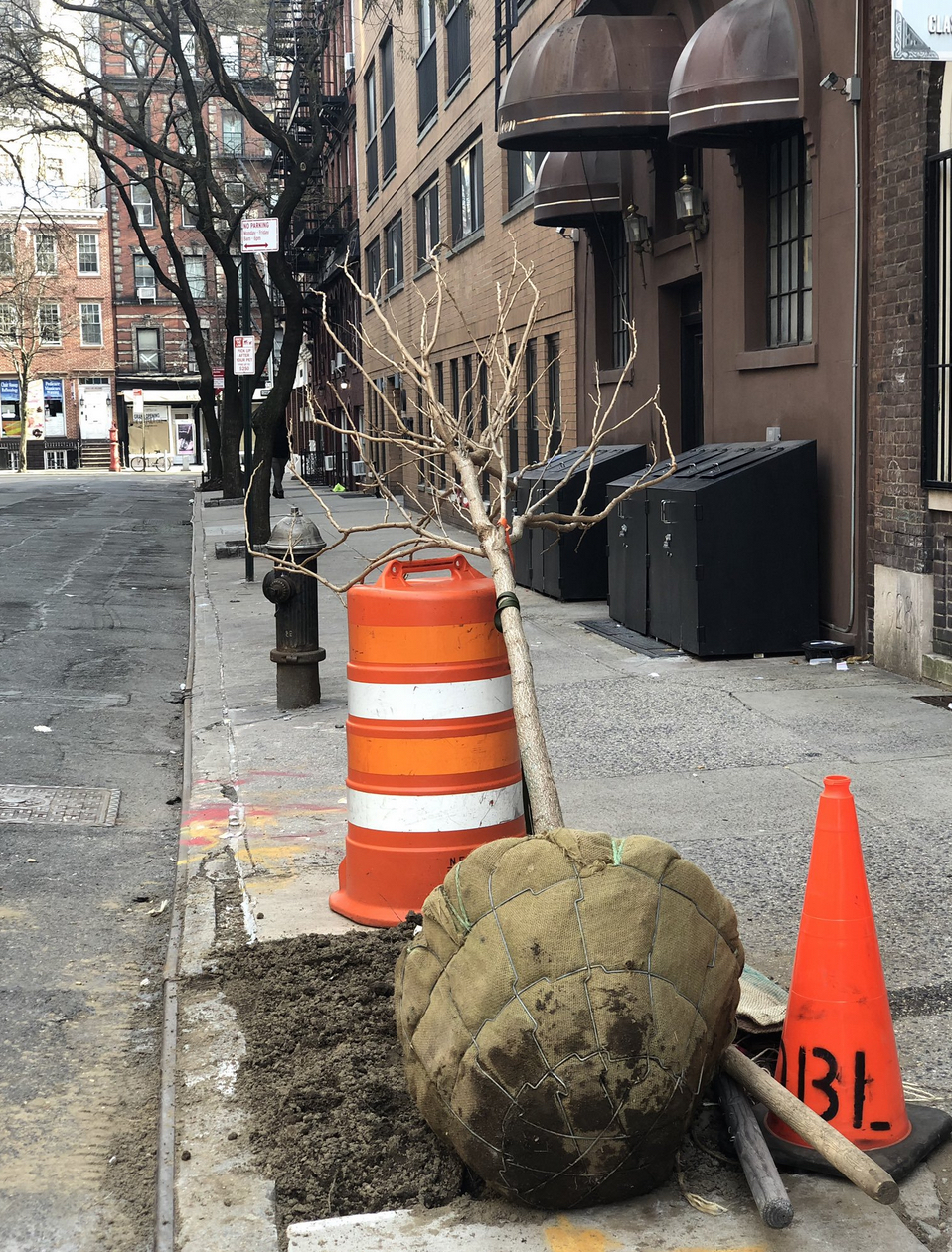
“With support from the Speaker’s office this new program is aimed at beautifying unviable tree pits,” said Nick Guntli, director of GreenTeam at the Horticultural Society. “Unviable in this case means that these tree pits cannot support the life of a tree; they can, however, support plant life. Depending on the tree pit, the sidewalk, neighborhood and community involvement, tree pits will receive a shrub, perennials plantings, or a raised bed for planting flowers/edible plants. “We are excited that this project will impact the area by adding more green space within District 3,” Guntli added, “while engaging residents/business owners to help to maintain and beautify these spaces.” There is no definite start date yet for the initiative, according to Guntli. He said the group was just given a list of tree pit locations, which will be assessed, and that hopefully work would begin this fall.
